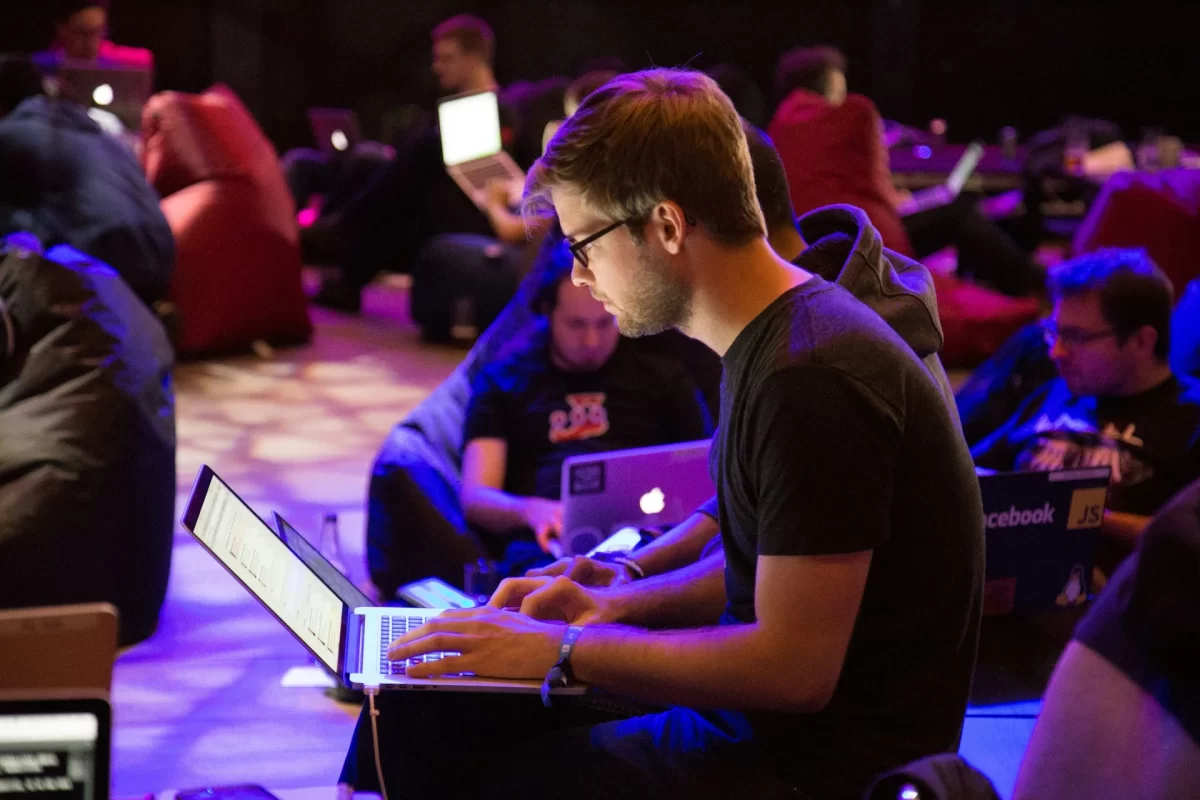The Future of Work: Embracing a Global Workforce
As we advance into an era defined by digital transformation and globalization, the future of work is rapidly evolving. A significant shift is the move toward a global workforce, where businesses leverage talent from diverse geographies to drive growth, innovation, and resilience. This article examines how companies are embracing the global workforce, the trends shaping this future, and the challenges and benefits of managing distributed teams. For companies to stay competitive, understanding and adapting to these changes is essential.
Key Takeaways
✔️ Global talent access enables businesses to overcome local talent shortages and enhance diversity.
✔️Digital tools and flexible work models are essential for seamless cross-border collaboration and productivity.
✔️ Navigating cultural and legal complexities is crucial for a successful global workforce strategy.
The Shift Toward a Global Workforce
The rise of remote work, advancements in digital collaboration tools, and a changing economic landscape have redefined traditional employment. For businesses, embracing a global workforce means accessing talent regardless of location. This shift allows companies to overcome regional talent shortages, access specialized skills, and increase innovation by adding new perspectives. As the world becomes more interconnected, a global workforce is no longer just a trend but a competitive advantage.
Key Drivers Behind the Global Workforce Trend
- Digital transformation enables businesses to connect and manage teams across continents.
- Talent shortages in specific regions push companies to seek skilled professionals globally.
- Increasing acceptance of remote work drives demand for flexible work environments.
The Benefits of a Global Workforce
Access to a Broader Talent Pool
One of the most significant advantages of a global workforce is access to a broader, more diverse talent pool. Employers are no longer limited to hiring from a local pool but can now recruit the best talent from anywhere in the world. This diversity promotes innovation, as people from various backgrounds bring unique perspectives and ideas to the table.
Enhanced Business Resilience
Hiring globally makes businesses more resilient. For example, companies with distributed teams can adapt more flexibly to regional challenges, such as economic downturns or political instability. Additionally, having a diverse talent base makes businesses better equipped to tackle unforeseen crises by spreading risk across multiple locations.
Cost Savings and Efficiency
In many cases, hiring talent from different regions offers cost savings. In countries where the cost of living is lower, companies can offer competitive salaries that align with local expectations, thus reducing labor costs. However, while cost savings are advantageous, businesses must balance this with fair and competitive compensation packages to retain top talent.
Round-the-Clock Productivity
A global workforce enables round-the-clock operations. With employees in various time zones, businesses can benefit from increased productivity and faster project turnaround times. For instance, tasks can be handed off across time zones, ensuring continuous work and reducing project lead times.

Streamline Your Expansion with EOR Services in LATAM
Expand across Latin America effortlessly with our Employer of Record (EOR) services. We handle compliance, payroll, and employee management, ensuring smooth operations while you focus on growing your business.
Challenges in Managing a Global Workforce
While the benefits of a global workforce are numerous, managing a geographically distributed team also presents unique challenges.
Communication and Collaboration
Time zone differences can complicate communication. Scheduling meetings across multiple time zones and ensuring timely responses can be challenging. Additionally, effective collaboration requires digital tools, including project management and communication platforms that facilitate information sharing.
Compliance and Legal Complexities
Hiring employees in different countries requires understanding and navigating various labor laws, tax regulations, and compliance requirements. For example, worker classification, payroll compliance, and mandatory benefits vary by country. Businesses must adapt to these legal complexities to avoid fines or legal repercussions.
For a streamlined solution, companies can use Employer of Record (EOR) services, like those offered by Europortage, which handle local compliance, payroll, and benefits administration across borders.
Cultural Differences and Inclusivity
Cultural awareness is crucial in managing a global team. Differences in communication styles, work expectations, and decision-making processes can lead to misunderstandings. Companies should invest in cultural training and foster an inclusive environment where all employees feel valued and understood.
Emerging Trends Shaping the Future of Work
Hybrid Work Models
Hybrid work models, which combine remote and on-site work, are gaining popularity. This flexible approach allows employees to choose where they work based on their preferences and job requirements, thus fostering work-life balance. Hybrid work models will likely become the norm for businesses that want to retain talent in the future.
Adoption of Digital Collaboration Tools
Digital collaboration tools are essential for managing global teams. Platforms like Slack, Microsoft Teams, and Zoom facilitate real-time communication and file sharing. Additionally, project management tools such as Asana and Trello streamline task allocation and tracking, making it easier for teams to collaborate effectively.
Focus on Employee Well-being
With a distributed workforce, employee well-being becomes a priority. Companies are now implementing wellness programs, offering mental health resources, and encouraging a healthy work-life balance to support their employees. This approach promotes productivity and loyalty, which are critical for long-term success.
Rise of Freelance and Gig Economy Workers
The gig economy is expanding, and more professionals are choosing freelance or contract work over traditional employment. This shift allows companies to access specialized skills on an as-needed basis without committing to full-time hires. However, it’s essential to understand the regulatory differences between contractors and employees in each region.
Adapting to the Global Workforce: Best Practices
To embrace a global workforce, companies should adopt best practices to manage and support remote employees effectively.
Establish Clear Communication Channels
Effective communication is the backbone of a successful global team. Companies should establish clear communication protocols, schedule regular check-ins, and use asynchronous communication to accommodate different time zones.
Foster a Culture of Inclusivity
Creating an inclusive work culture is essential in a global team. Companies should encourage open communication, respect cultural differences, and celebrate diverse perspectives. Inclusivity initiatives, such as cross-cultural training and mentorship programs, enhance team cohesion and employee satisfaction.
Ensure Compliance with Local Laws
Navigating employment laws across multiple regions can be complex. Partnering with a reliable EOR provider like Europortage simplifies compliance management, as EOR providers handle local payroll, taxes, and employee benefits. This allows companies to focus on core business functions.
Invest in Employee Development
Investing in employee development is crucial for retention and growth. Providing training and learning opportunities helps employees expand their skill sets, which benefits both the individual and the company. Professional growth programs, online courses, and workshops are valuable for keeping employees engaged and motivated.

Embracing a Global Workforce with Europortage
For companies interested in building a global workforce in Latin America and beyond, Europortage offers solutions to simplify cross-border hiring. Our Employer of Record (EOR) services enable businesses to recruit, onboard, and manage employees legally and efficiently. By handling local compliance, payroll, and employee benefits, Europortage ensures that businesses can focus on growth without the complexities of legal setup in each country.
Visit our website to learn more about how we can support your global workforce expansion and help you achieve success in new markets.
Conclusion
The future of work is global. With the right approach, businesses can access diverse talent, increase operational flexibility, and drive innovation by embracing a global workforce. However, effective management of remote teams, understanding local regulations, and investing in cultural inclusivity are essential to overcoming the challenges associated with distributed workforces.
Businesses looking to expand globally should prepare for these changes by adopting digital tools, ensuring compliance, and promoting employee well-being. By doing so, companies can unlock the full potential of a global workforce, positioning themselves for sustainable growth and success in an increasingly interconnected world.
































































































































































